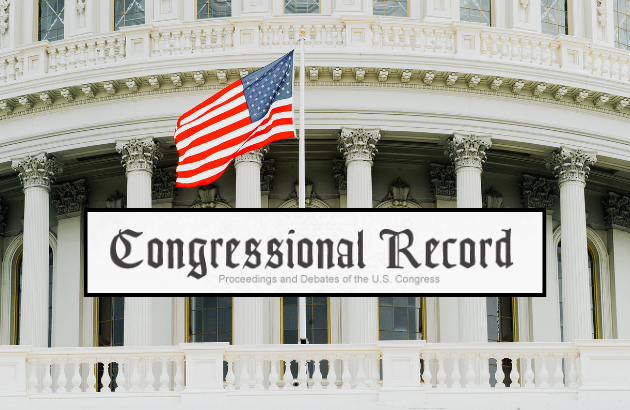Blog
Black History Biographical Materials
When discussing an episode of ABC’s television comedy Black-ish that she directed last year, actress and producer Tracee Ellis Ross commented on the way the episode, entitled “Black History Month,” was intended to elevate African American leaders in history beyond the typical few stories that are often told in the month of February. Ross told Variety that “[t]he message of the episode really is that we are a vast group of people that historically, in the present, and in the future that’s coming down the pike, there is more to share that could never fit into a month… It’s not about celebrating for just one moment; it’s about liberating and empowering the different stories and different voices so we can all be lifted up by them...”
With that in mind, this post will highlight a small handful of the many, varied stories of African Americans who have shaped our nation’s collective history. These stories - either (auto)biographies or books that highlight several individuals - in Jenkins’ collection are available for perusal not only this month, but all year round.
Electronically via HeinOnline:
HeinOnline provides a slew of scholarly books in PDF form, such as Remaking Black Power: How Black Women Transformed an Era (2017). In her introduction, author Ashley D. Farmer, a professor and historian of black women's history, intellectual history, and radical politics, writes that her book is “a history of Black Power told through black women’s ideas about black womanhood” in which she analyzes “the alternative roles and identities that black women imagined for themselves” (p. 18).
In his 2016 book, Not Straight, Not White: Black Gay Men from the March on Washington to the AIDS Crisis, professor Kevin J. Mumford gleans information from “un-mined archives, personal papers, and black and gay print cultures” to develop “a multifaceted interpretation of a particuarly visible identity formation that shifted dramatically over the years…” (p. 4). Mumford not only draws from history and culture, but from biographical material of figures such as James Baldwin, Bayard Rustin, activist Brother Grant-Michael Fitzgerald, Philadelphian Joseph Beam, and James Tinney as well.
Writer and scholar-activist Barbara Ransby won eight national awards and recognitions for her 2003 biography, Ella Baker and the Black Freedom Movement: A Radical Democratic Vision. According to Ransby, Baker was a “radical humanist and a consummate coalition builder” (p. 11) who was “part of a powerful, yet invisible network of dynamic and influential African American women activists...” (p. 4). Ransby writes that looking back in time through the lens of Ella Baker allows us to learn both political and historical lessons. But perhaps most important, she asserts, is to pay Baker “the greatest honor” by exploring her story holistically: “To tell her life truths with all their depth and richness is to affirm her humanity and all that she was able to accomplish, because of and at times in spite of who she was” (p. 3).
Another intriguing find in HeinOnline is Black Man in the White House: A Diary of the Eisenhower Years by the Administrative Officer for Special Projects, the White House, 1955-1961. This book, published in 1963, contains E. Frederick Morrow’s personal account of serving on the White House staff during the Eisenhower Administration, and of being the first black person to do so in an executive capacity. Drawing from his own books of notes during his time at the White House, Morrow describes both feelings of joy and gratitude to be working in the service of the President and the “heartbreak and disappointment over decisions that ran contrary to my hopes and beliefs” (p. 7), as well as his struggles to obtain and be formally recognized in his position(s). Morrow’s papers can be found at the Chicago Public Library.
In Print:
For print books currently available on our shelves, check out Equal Justice Under Law: An Autobiography by civil rights legal strategist and Federal Judge, Constance Baker Motley. Mary Beth Rogers writes about the Texan US Congresswoman Barbara Jordan in Barbara Jordan: American Hero. Jenkins also owns Thurgood Marshall: His Speeches, Writings, Arguments, Opinions, and Reminiscences, edited by Mark V. Tushnet with a foreword by Randall Kennedy.



